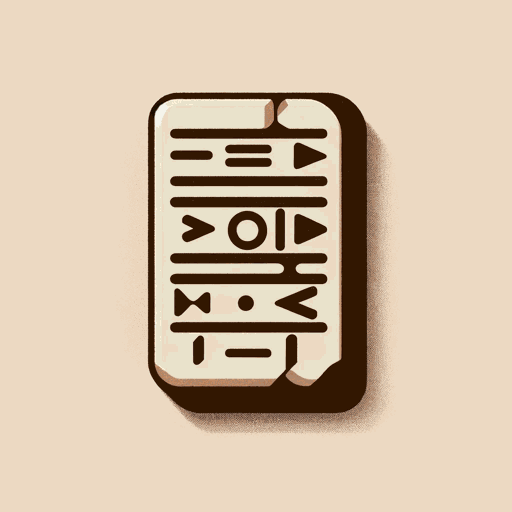55 pages • 1 hour read
Leonard William King, ed.The Seven Tablets of Creation: The Enuma Elish
Fiction | Scripture | Adult | BCEA modern alternative to SparkNotes and CliffsNotes, SuperSummary offers high-quality Study Guides with detailed chapter summaries and analysis of major themes, characters, and more.
Important Quotes
“On the publication of the late Mr. George Smith’s work, ‘The Chaldean Account of Genesis,’ which appeared some twenty-seven years ago, it was recognized that there was in the Babylonian account of the Creation, as it existed in the seventh century before Christ, much which invited comparison with the corresponding narrative in the Book of Genesis. It is true that the Babylonian legends which had been recovered and were first published by him were very fragmentary, and that the exact number and order of the Tablets, or sections, of which they were composed were quite uncertain; and that, although they recorded the creation of the heavens and of the heavenly bodies, they contained no direct account of the creation of man. In spite of this, however, their resemblance to the Hebrew narrative was unmistakable, and in consequence they at once appealed to a far larger circle of students than would otherwise have been the case.”
(Preface, Page 2)
Here King is expressing the reason there was such a great academic interest in recovering and accurately translating the Enuma Elish. There was real interest in seeing whether the biblical account of creation had been taken from it.
“In the course of the year 1900, the writer was entrusted with the task of copying the texts of a number of Babylonian and Assyrian legends for publication in the series of Cuneiform Texts from Babylonian Tablets, etc., in the British Museum, and, among the documents selected for issue, were those relating to the Creation of the world. Several of the texts of the Creation Legends, which had been used by previous translators, had never been published, and one tablet, which Mr. George Smith had consulted in 1876, had not been identified by subsequent workers. During my work I was so fortunate as to recognize this tablet, and was enabled to make copies of all texts, not only of those which were previously known, but also of a number of new duplicates and fragments which I meanwhile identified. […] A prolonged search was rewarded by the finding of other fragments of the poem, and a study of these showed me that the earlier portions of the text of Creation Story, as already known, could be considerably augmented. […] In view of the additional information as to the form and contents of the poem which this new material afforded, it was clearly necessary that a new translation of the Creation Legends should be made, and this I undertook forthwith.”
(Preface, Pages 2-4)
King here explains how he came to write this translation of the Enuma Elish. Understating his efforts and scholarship, he makes his decision seem to be inevitable coincidence rather than the brilliant academic persistence that it is.
“With regard to the extent and contents of the Creation Series, we now know that the Tablets of which the series was composed are seven in number; and we also possess the missing context or frame-work of the Seventh Tablet, which contains addresses to Marduk under his fifty titles of honour. From this we learn that, when the work of Creation was ended, the gods gathered together once more in the Upshukkinakku, their council-chamber; here they seated themselves in solemn assembly and proceeded to do honour to Marduk, the Creator, by reciting before him the remarkable series of addresses which form the contents of the last Tablet of the poem. Many of the missing portions of the Seventh Tablet, including the opening lines, it has been found possible to restore from the new fragments and duplicates here published.”
(Preface, Page 7)
King is expressing the epitome of his achievement in this passage. Prior to his compilation, the exact number of Enuma Elish original tablets was not known. Neither were the proper order, as he established it, or the contents of the many missing lines.

